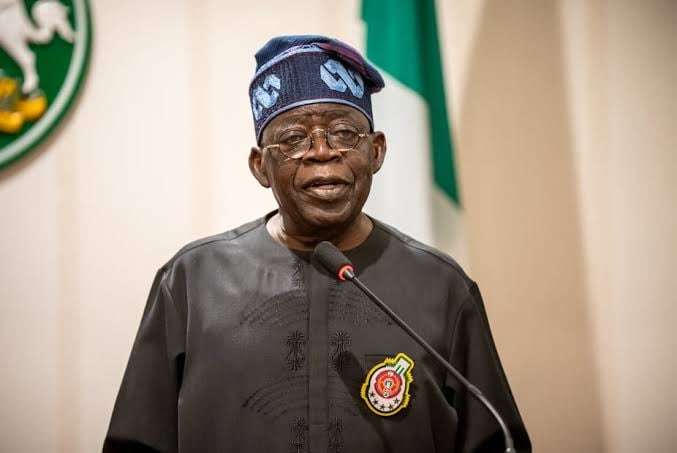A name is more than a collection of letters. It is history, identity, a label, and a legacy, all woven into a single word. Yet, when a marriage ends, society expects a woman to discard her ex-husband’s name as effortlessly as removing a wedding band. But names are not wedding rings. For many divorced women, keeping a married surname is not about clinging to the past or defying convention. It is a choice rooted in practicality, professionalism, and personal identity.
For some, a name is their career. A doctor, journalist, author, or entrepreneur who has built a reputation under a married name risks professional disruption by changing it. Years of networking, publications, and recognitions are tied to that identity. Changing it is not just inconvenient. It can be a setback.
Tina Turner understood this. Though she divorced Ike Turner, she kept his surname because she had built an international career under it. The world knew her as Tina Turner. Reclaiming her maiden name would have meant starting over in some ways. Gayle King, best friend to Oprah Winfrey, kept the surname of her ex-husband, William Bumpus, for years despite their split because it had already become part of her professional identity. Fashion designer Diane von Fürstenberg retained her ex-husband’s name long after their divorce because it had become synonymous with her brand. For these women, the name was not about a man. It was about the empire they built around it.
In Africa, the same holds true. Chimamanda Ngozi Adichie, the celebrated Nigerian author, never took her husband’s name, fully aware of how names shape identity. But for many African women who do, reverting after divorce is not just a matter of personal choice. It is a battle against societal expectations. Nigerian journalist Kikelomo Akanda chose to retain her ex-husband’s name because she had built her entire career under that identity. South African actress Connie Ferguson kept her late husband’s surname even after his passing, proving that names often transcend personal relationships and become an integral part of one’s public life. Even in politics, former Liberian President Ellen Johnson Sirleaf never reverted to her maiden name post-divorce because her global recognition was tied to that name.
Then there are the children. A mother who shares a surname with her kids avoids endless explanations and administrative headaches. A shared name fosters continuity, a silent yet powerful affirmation of family even after divorce. A woman should not have to feel like an outsider in her own children’s lives because of societal expectations.
Angelina Jolie, for instance, retained the surname Pitt for a time post-divorce, ensuring a continued connection with her children despite the highly publicized split. Kim Kardashian initially kept “West” in her name professionally after divorcing Kanye West, likely in part because of their children and her brand recognition. Even Princess Diana, after her divorce from Prince Charles, remained Diana, Princess of Wales. Her identity was inextricably tied to the public and, more importantly, to her sons, William and Harry. In Nigeria, many high-profile women have retained their married surnames post-divorce to maintain a stable identity for their children, including prominent figures in politics and business whose names have become household brands.
Practicality plays a role too. Changing a name is a bureaucratic labyrinth. Passports, bank accounts, legal documents, and business contracts all must be updated, often at great cost and effort. The process is tedious, time-consuming, and for many, entirely unnecessary. Why should a woman go through that exhausting ordeal when the name at this point belongs as much to her as it ever did to her ex-husband?
Cultural norms also exert pressure. In many African societies, a woman taking her husband’s name is seen as a lifelong shift regardless of how the marriage ends. Reverting to a maiden name can invite scrutiny, gossip, and even stigma. Some women choose to sidestep that judgment altogether.
Hillary Clinton, despite originally keeping her maiden name, eventually adopted “Clinton” due to societal pressures and political strategy. After her divorce, she could have reverted, but by then she had built a global identity with that name. Jacqueline Kennedy famously kept “Kennedy” even after remarrying, not because of nostalgia but because it was a symbol of her legacy and connection to history. In Nigeria, women like Folorunsho Alakija and Ngozi Okonjo-Iweala have shown that names, whether kept or changed, are about professional and personal legacies, not just marital status.
The assumption that retaining an ex-husband’s name signals emotional attachment is misleading. Most women who keep their married name do so without nostalgia. It is no longer about a man. It is about the identity they have built around that name. Suggesting otherwise reduces their autonomy to a relic of a failed marriage, ignoring the nuanced and deeply personal reasons behind the choice.
At its core, the decision to keep or discard a married name is about agency. Some women reclaim their maiden name as an act of renewal, a fresh start. Others see no reason to erase a name that has become an intrinsic part of their identity. Both choices are valid. Both are acts of self-determination in a world that often tries to dictate women’s choices for them.
The real question is not why divorced women keep their ex-husband’s name. It is why society believes it has the right to question them in the first place. A name is not a badge of submission. It is not an emblem of nostalgia, a chain, or a lingering echo of a broken relationship.
It is a legacy. A brand. A bond. A choice. And that choice, above all, deserves respect.
Stephanie Shaakaa writes University of Agriculture, Makurdi, Benue State.








